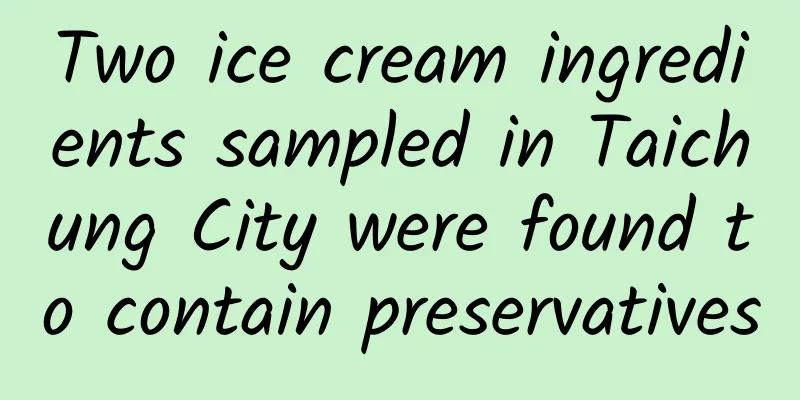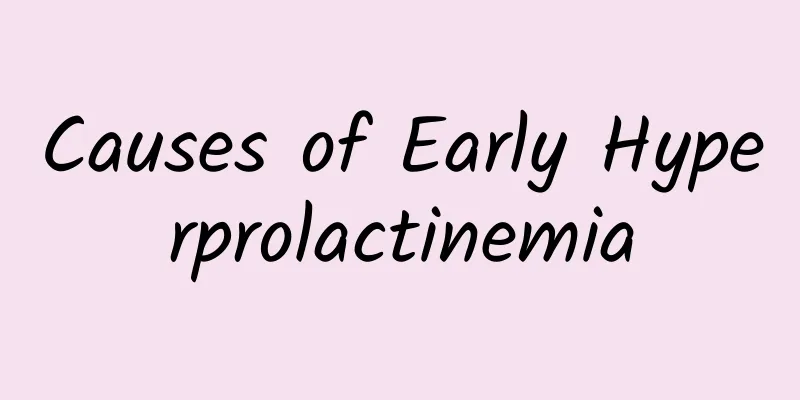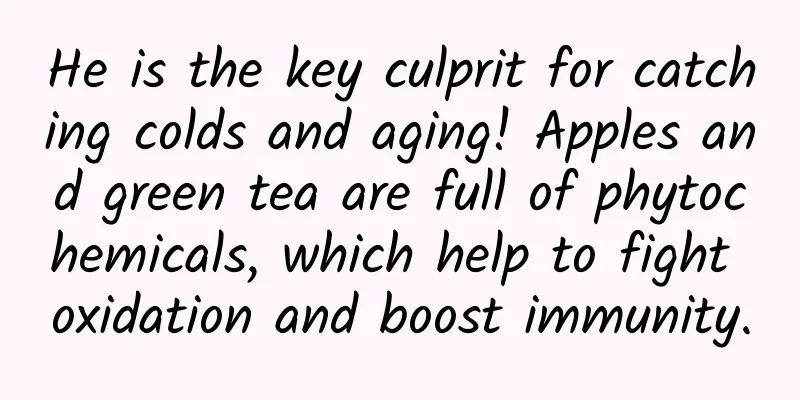Two ice cream ingredients sampled in Taichung City were found to contain preservatives

|
In the hot summer, people always have to have a cold drink or ice product to cool off. However, the Taichung Municipal Government Health Bureau randomly checked 38 ice drinks and ingredients on the market. The result showed that one green tea was found to have 24 times the limit of E. coli, and two rice teas violated the regulations that preservatives such as benzoic acid or diethyl ether were not allowed to be added. The Taichung City Government Health Bureau sampled 38 cold drinks and ingredients on the market and found that one bottle of green tea was found to have 24 times the level of E. coli. (Photo provided by Taichung City Government Health Bureau) The Taichung City Health Bureau recently conducted random inspections of ice cream, cold drinks and ingredients in supermarkets, hypermarkets, traditional markets and cold drink shops. A total of 17 items were randomly sampled for testing of ingredients, including acetic acid, benzoic acid, and dehydrated acetic acid. The results showed that 2 items of rice rice were found to contain 0.260g/kg of benzoic acid and 0.400g/kg of acetic acid, respectively. This violates the food hygiene management regulations that prohibit the addition of preservatives to rice products. In addition to requiring businesses to remove unqualified products from the shelves and recall them, the Health Bureau also imposed a fine of NT$30,000 to NT$150,000 in accordance with Article 12 of the Food Sanitation Management Act. The Department of Health stated that some businesses add preservatives to rice flour to make it easier to preserve in the summer and extend its shelf life. Although the benzoic acid and succinic acid detected this time are less toxic, long-term or excessive intake of benzoic acid may cause drooling, diarrhea, abdominal pain, rapid heartbeat and other discomfort symptoms; excessive succinic acid will also remain in the body and cannot be metabolized, affecting physical health. As for ice cream and cold drinks, a total of 21 items were sampled for testing of bacterial count, Escherichia coli, coliform group, and Salmonella. The result showed that one item of green tea was found to have 240 MPN/ml of Escherichia coli group, which is 24 times the allowable value of 10 MPN/ml under the relevant regulations of the Food Sanitation Management Act. Huang Meina, director of the Taichung Municipal Government's Health Bureau, reminded the public that when buying ice cream and cold drinks at stores, they should try to choose products that are fully packaged, fully labeled, and clearly sourced, and pay attention to the business's environment and the personal hygiene of the staff, so as to reduce the consumption of preservatives or other foods with illegal additives, and reduce the chance of suffering from abdominal pain, diarrhea and other physical discomfort symptoms. |
Recommend
What are the symptoms of chronic cervicitis
The symptoms of cervicitis are a topic of concern...
What to do with diet if you have Bartholinitis
For adult women, gynecological diseases have alwa...
What can't you eat after an abortion? How long can you not eat before an abortion?
What can't you eat after abortion? Abortion i...
How to regulate irregular menstruation with light menstrual flow and dark color
How to regulate irregular menstruation with light...
Generally, artificial abortion will cause abdominal pain
With the change of young men and women's conc...
Symptoms of pelvic inflammatory disease can reflect the cause of the disease
Pelvic inflammatory disease is a common disease t...
Every 3 seconds, one person in the world is diagnosed with dementia! Eat a Mediterranean diet to prevent dementia: Nutritionists reveal 3 key points
Every 3 seconds, one person in the world suffers ...
Placental growth factor levels can diagnose ectopic pregnancy
A study by Horne et al. from the University of Ed...
What can women drink to relieve dysmenorrhea? It is recommended to relieve it through these dietary methods
If women have symptoms of dysmenorrhea, it is rec...
What are the symptoms of chocolate ovarian cysts?
Chocolate ovarian cyst is a "lump" but ...
New treatment method for congenital absence of vagina
The overall goal of treatment for girls with cong...
What to do if pregnancy is complicated by uterine fibroids
When pregnancy is complicated by uterine fibroids...
How to treat autoimmune cirrhosis
How is autoimmune cirrhosis treated? Autoimmune c...
The difference between pelvic effusion and pelvic inflammatory disease
The difference between pelvic effusion and pelvic...
Lose weight and eat out easily. Eat breakfast like this to get a good figure
Honestly, I think Taiwan is truly a treasure trov...









